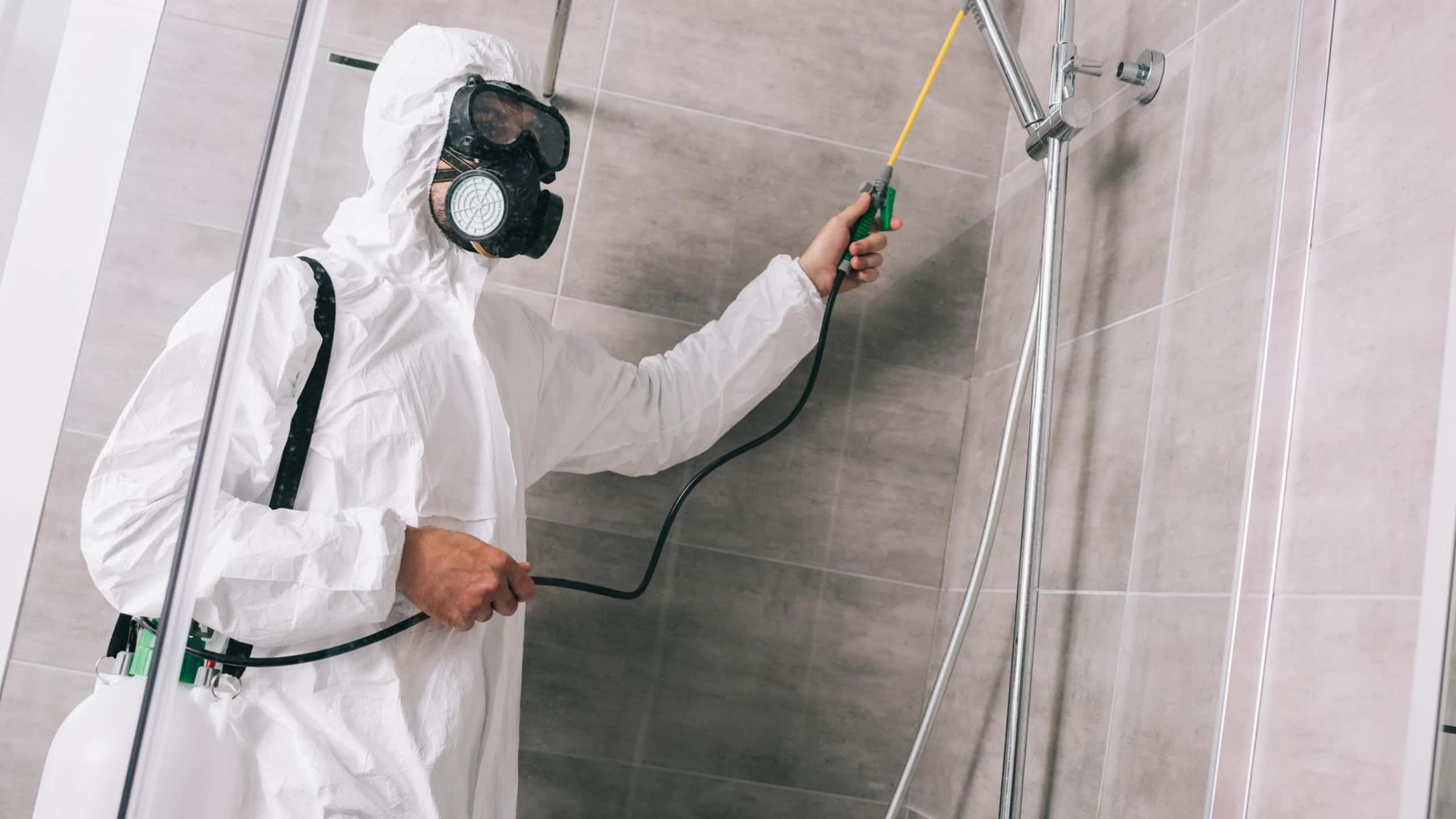






Mice are pesky critters that can wreak havoc in our homes! Yet, there is one thing they hate: a particular smell. (No matter where they roam,) this scent will drive them away with its repulsive stench!
The smell of peppermint oil is the one mice dislike most. It's quite an easy task to get your hands on it – and it's also safe for humans and pets! Simply pour some drops of the oil onto cotton balls and place them around your home. This will create a barrier that will keep the rodents at bay.
(Additionally, you can mix some peppermint oil with water and spray it in areas where you think mice might be hiding.) Not only does this method work well, but the smell of peppermint is rather pleasant too; so much better than those nasty chemical-based repellents!
Rats are known to have an incredibly strong sense of smell, but what smell do they hate the most? (Well,) it turns out that rats dislike certain smells just as much as humans do. In fact, one of the strongest scents that rats detest is peppermint! This scent has been shown to repel rats from entering a house or area. The pungent aroma of peppermint oil is so powerful that it can actually make a rat nauseous and cause them to flee!
What makes this scent so effective at repelling rodents? It all comes down to the chemicals in peppermint oil. These compounds contain menthol, which can irritate a rat's sensitive nose and even make it difficult for them to breathe. Additionally, the strong aroma of minty goodness has been known to disorientate these pesky critters and drive them away.
Can pest control get rid of rats? It's an age-old question that has been asked by homeowners everywhere. (Yes, it can!) Pest control services are adept at removing rodents like rats from homes and gardens. They use a variety of methods, such as traps and baits, to eliminate the problem. However, these methods won't necessarily solve all rat infestation problems; some cases may require more drastic measures!
What you need to know is that most rat infestations require a multi-pronged approach to eradication. This means combinations of different techniques, like trapping and repellents, must be used for long-term success. Some people also opt for ultrasonic devices or electronic shock systems. (These aren't always recommended as they can be ineffectual.)